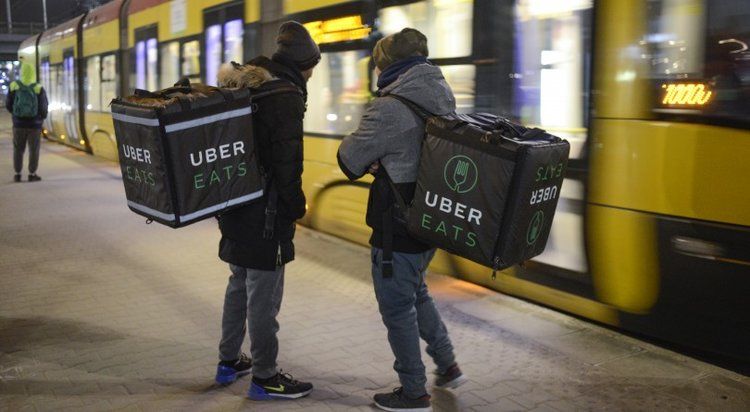By Alexandra Bacchus
- There are over 57 million workers in the gig economy
- Around 20% of the gig economy are minorities
The gig economy has given many workers new ways to make money, travel, buy just about anything and changed how society operates in more ways than one. However, large venture-backed companies that built platforms to streamline this economy, such as Uber (UBER -1.95%), Lyft (LYFT -1.81%), and DoorDash have all faced one common challenge, tipping their workers. With 20% of the gig economy being minorities, could they be at greater risk for a financial setback?
Why This Matters: Last year, DoorDash, Instacart, and Amazon (AMZN -0.61%) Flex came under fire for the lack of transparency in their wage breakdowns per delivery. The companies were including tips in the flat-fee base pay that workers earned instead of counting them as supplemental wages, saving the company money. These workers (who are technically independent contractors, not employees) do not receive benefits as independent contractors and must take on additional financial burdens to make up for it. People of color, who make up roughly 20% of the overall gig economy, are historically known to have more unwanted financial responsibilities.
The companies were including tips in the flat-fee base pay that workers earned instead of counting them as supplemental wages, saving the company money
Whether these responsibilities come in the form of student loans, unwanted debt, or family assistance, gig economy workers should be able to rely on fair wages from large venture-backed companies. Supplemental tips are a key part of the earnings they rely on. With over 36% of the U.S. population banking on work from the gig economy because of its flexibility, consumers must make sure this remains a strong alternative for those who need it.
Situational Awareness: The best case scenario is always for people to be paid fairly for their work, but until that happens, we need to remember to tip for the services that we pay for because those tips are making a difference to someone. On DoorDash, they report that 15% of orders do not receive a tip, in large part because customers are unsure of where that tip goes and how it is used. A way to avoid that? Pay in cash, Venmo, or Cash App.
CBx Vibe: “$ave Dat Money” Lil Dicky Feat. Fetty Wap









